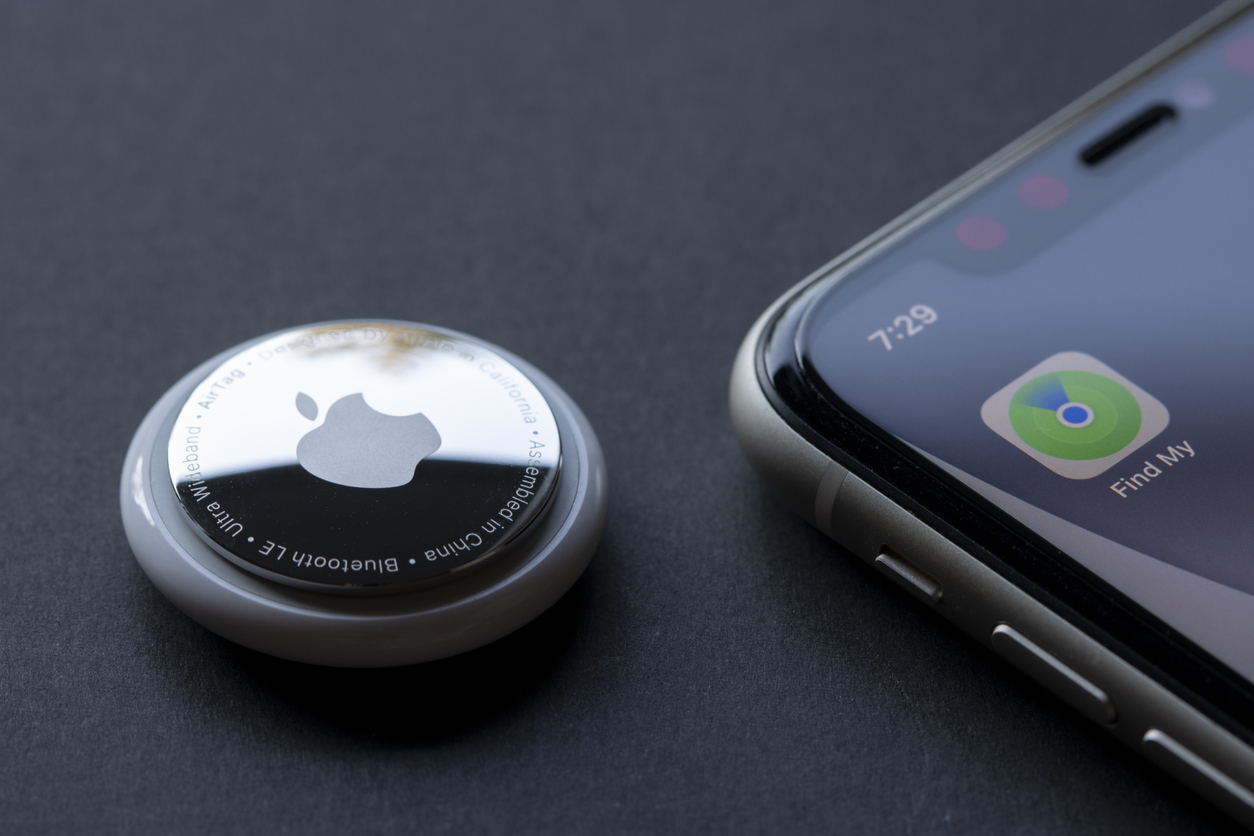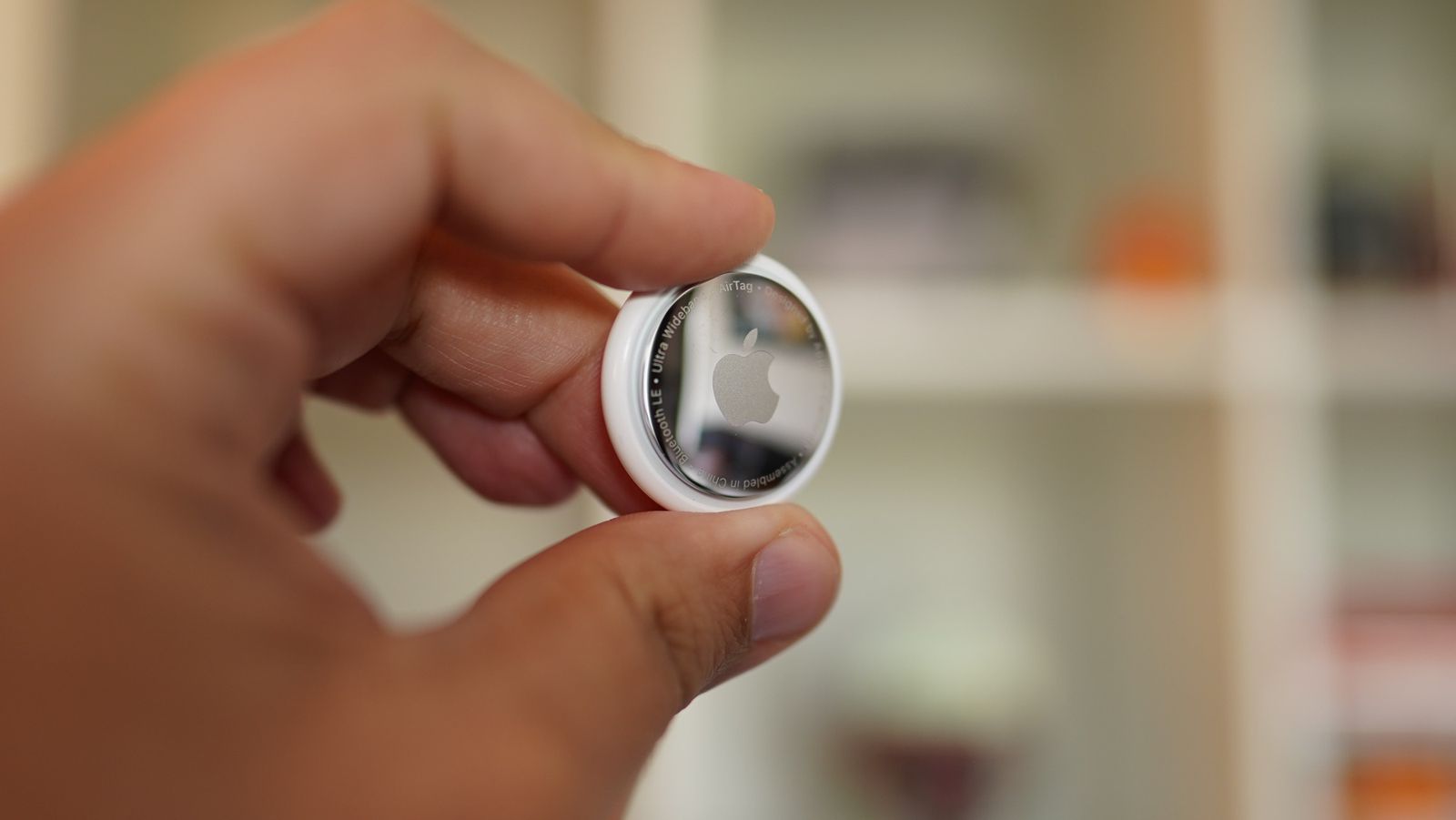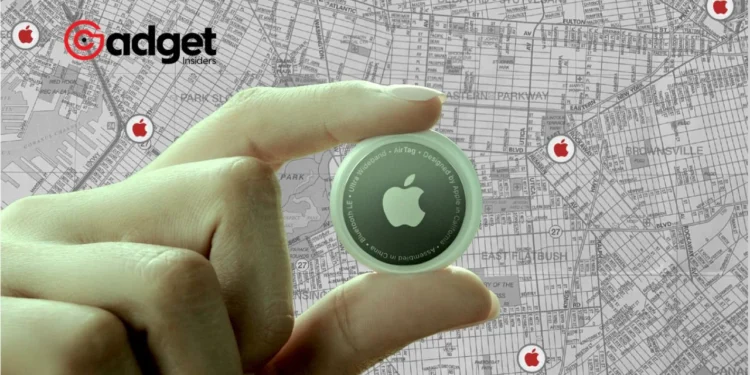In an era where technology serves as both a boon and a bane, the innovation intended to make lives easier is now facilitating a new wave of crime. The Apple AirTags, a device designed to help individuals locate lost items, has inadvertently become a tool for criminal enterprises in Canada.
With over 105,000 car thefts reported in 2022, according to Apple Insider, it’s clear that the nation is grappling with a significant challenge.
Apple Airtags: A Double-Edged Sword in Technology
The ingenious yet simple Apple AirTag has transformed from a beacon of hope for the forgetful to a weapon in the arsenal of auto theft rings. The incidents of these compact trackers being used to monitor and steal automobiles are on the rise.
Victims, including Ethan Yang, a Massachusetts resident, have encountered these devices hidden on their vehicles upon nearing the Canadian border, spotlighting a disturbing trend that sees criminals leveraging technology for nefarious purposes.

The Montreal Method: A Case Study in Criminal Innovation
Montreal has become a hotspot for this kind of technological exploitation. Criminals are deploying Apple AirTags to select their targets meticulously, monitoring their movements to plan the perfect heist.
This methodical approach to auto theft has law enforcement and cybersecurity experts on high alert. The implications are vast, with thieves not just stealing cars, but potentially tracking their victims’ movements, breaching privacy and safety on multiple levels.

The Response: Balancing Innovation with Security
The reaction to this wave of tech-savvy thefts has been multifaceted. In Washington D.C., Mayor Muriel Bowser initiated an innovative countermeasure by distributing free Apple AirTags to residents of high-risk communities, aiming to deter thieves by turning the technology against them.
Meanwhile, the privacy concerns raised by Northeastern University researchers underline the critical balance between innovation and security.
Apple AirTags have significantly transformed Canada's fight against auto theft, with criminals using tracking devices to monitor vehicles for theft, resulting in a surge in cases.https://t.co/YHp8PKfdur
— Tech Times (@TechTimes_News) March 29, 2024
Their findings, which highlight the potential for Apple AirTags to be used for surveillance and harassment, have led to over 37 class-action lawsuits against Apple.
Beyond the Immediate: A Call for Comprehensive Solutions
The issue at hand extends beyond the immediate misuse of Apple AirTags. It’s a stark reminder of the dual-use nature of technology. While Apple and other tech giants have implemented measures to mitigate unauthorized tracking, experts argue that these are not enough.
The modifications proposed aim to tighten the security net around these devices, ensuring that what was designed as a tool for good does not become a persistent threat.

Apple Airtags: The Path Forward
As Canada faces this new challenge, the path forward is clear. Collaboration between technology companies, law enforcement, and communities is essential.
By understanding the capabilities and vulnerabilities of devices like the Apple AirTag, steps can be taken to ensure they serve their intended purpose without compromising the safety and security of the public. It’s a delicate balance, but one that must be achieved to navigate the complexities of our increasingly digital world.










